new to herbs with a question
diana1952
16 years ago
Related Stories

KITCHEN DESIGN9 Questions to Ask When Planning a Kitchen Pantry
Avoid blunders and get the storage space and layout you need by asking these questions before you begin
Full Story
GREEN DECORATING8 Questions to Help You See Through Green Hype
With the ecofriendly bandwagon picking up some dubious passengers, here's how to tell truly green products and services from the imposters
Full Story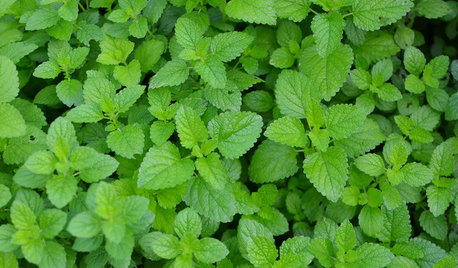
EDIBLE GARDENS12 Essential Herbs for Your Edible Garden
Make home cooking and drinks even better with herbs plucked from your own backyard or windowsill pot
Full Story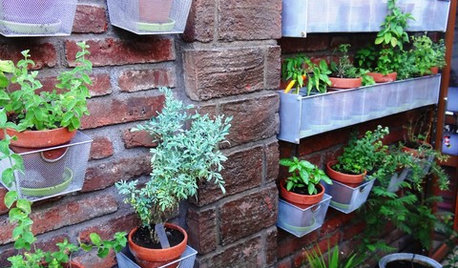
GARDENING GUIDES9 Fresh Herbs for Crowd-Pleasing Thanksgiving Dishes
Pluck these herbs from a windowsill pot or a garden for a Thanksgiving meal that sings with fresh flavor
Full Story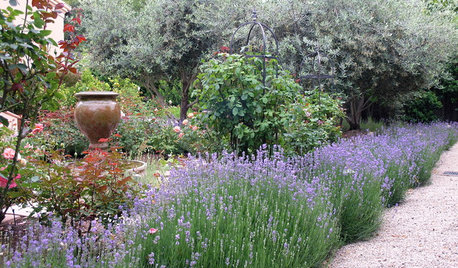
FLOWERSHerb Garden Essentials: Grow Your Own Fragrant Lavender
This do-it-all plant is ideal for almost any garden, and its uses are abundant around the home
Full Story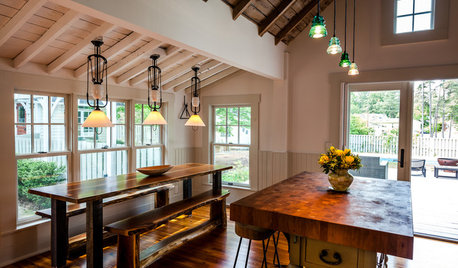
KITCHEN DESIGNKitchen of the Week: Rustic Space Opens to Herb and Vegetable Gardens
Well-chosen recycled and repurposed features create a North Carolina cottage kitchen with a distinctive look and personality
Full Story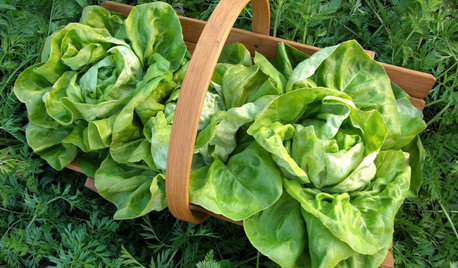
GARDENING GUIDES10 Easy Edibles for First-Time Gardeners
Focus on these beginner-friendly vegetables, herbs, beans and salad greens to start a home farm with little fuss
Full Story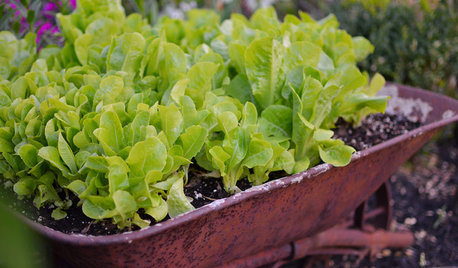
FARM YOUR YARD10 Easy Edibles to Grow in Containers
These herbs, vegetables and fruits are just as happy in a pot as they are in the ground
Full Story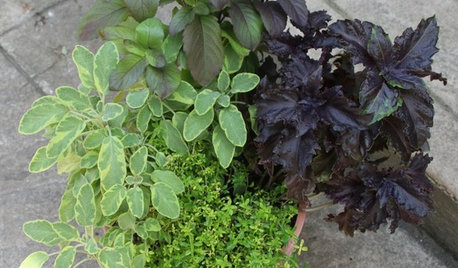
CONTAINER GARDENS8 Easy Container Plants to Grow From Seed
Get beautiful blooms and herbs in summer by starting these choice garden picks from seed in spring
Full Story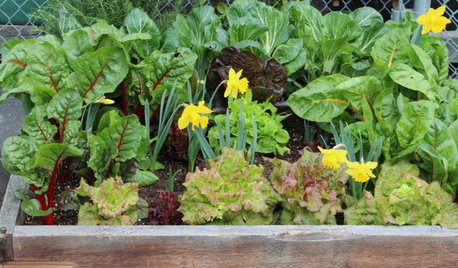
FARM YOUR YARDGrow a Kitchen Garden in 16 Square Feet
Got a sunny 4-by-4 space? You can make meals more interesting with your own vegetables and herbs
Full StoryMore Discussions






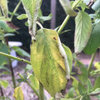
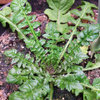
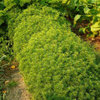
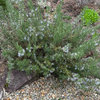
ksrogers
marlingardener
Related Professionals
Kapaa Landscape Architects & Landscape Designers · Oconomowoc Landscape Architects & Landscape Designers · Peabody Landscape Contractors · Fort Payne Landscape Contractors · Milford Landscape Contractors · Mission Landscape Contractors · New Cassel Landscape Contractors · Newberg Landscape Contractors · Panama City Beach Landscape Contractors · Saint John Landscape Contractors · San Antonio Landscape Contractors · Waldorf Landscape Contractors · Chicago Ridge Landscape Contractors · Arlington Roofing & Gutters · Milton Roofing & Guttersmaifleur01
Daisyduckworth
fatamorgana2121
granite
herbalbetty
herbalbetty
lavenderkitty
fatamorgana2121
Northeast Gardener, Central NJ, 7a
lavender_lass
MGPinSavannah
cyrus_gardner
fatamorgana2121
Ina Plassa_travis
fatamorgana2121
maifleur01